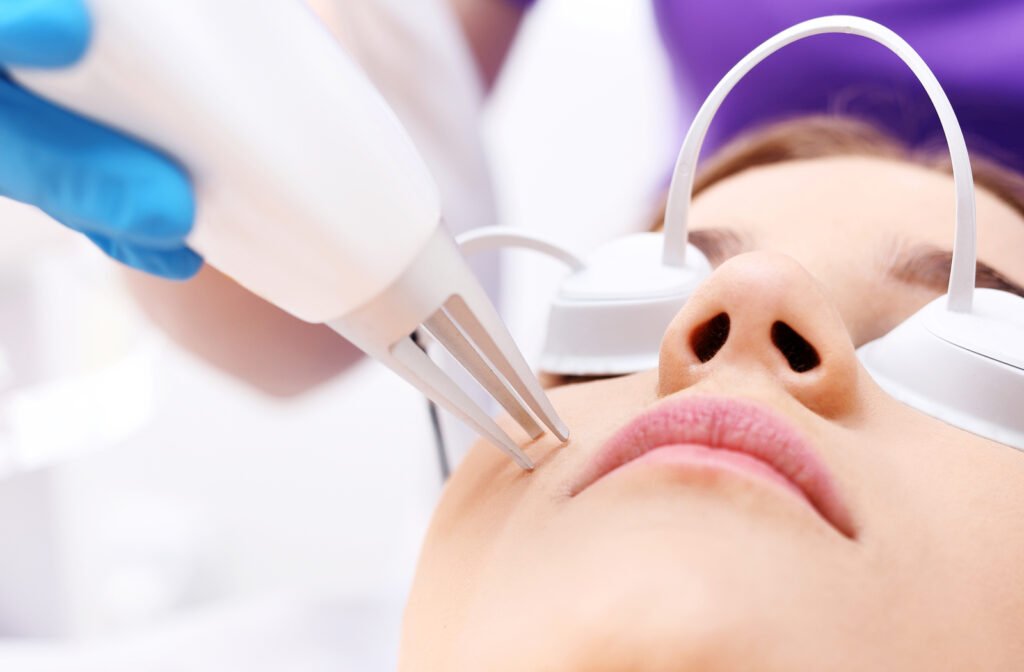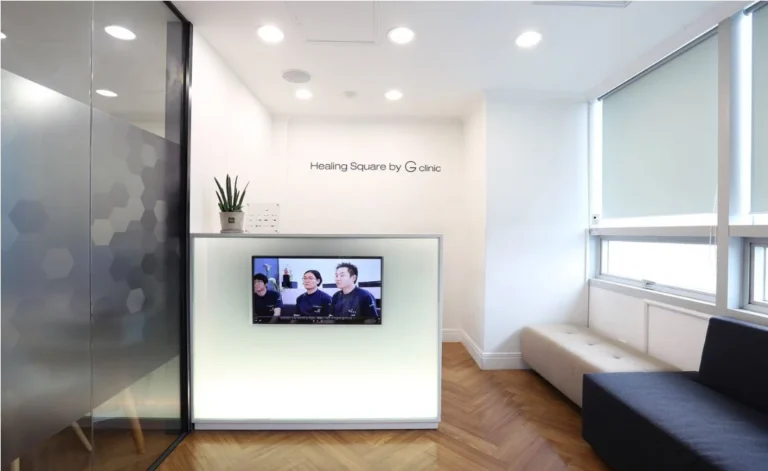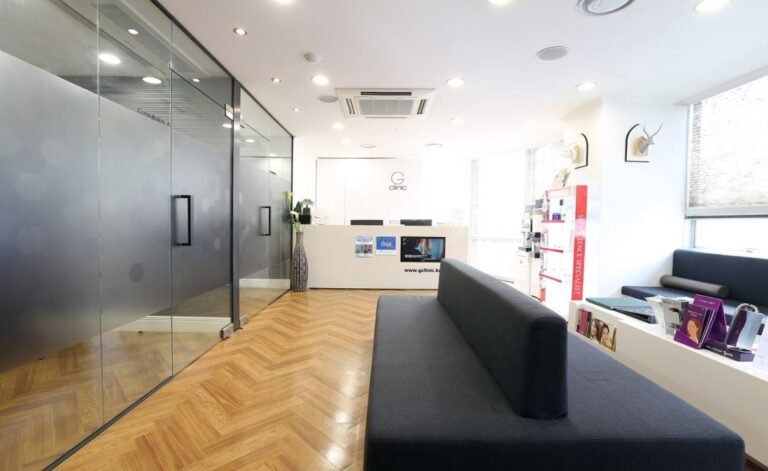A Complete Guide for International Patients Planning Their Skin Care Trip
South Korea has earned its reputation as a global leader in cosmetic dermatology and acne laser treatments. Every year, thousands of international patients fly to cities like Seoul, Busan, and Daegu to receive affordable, cutting-edge skincare services. But before you book your appointment, you’ll need to understand the visa process and medical prerequisites for a smooth experience.
Whether you’re a first-time medical tourist or a seasoned traveler, this guide will walk you through the essential visa requirements, health documentation, insurance options, and clinic policies when visiting Korea for acne laser therapy.
🛂 Do You Need a Visa for Acne Laser Treatment in Korea?
That depends on your nationality and length of stay.
✅ Visa-Free Countries (Short-Term Visits)
South Korea allows visa-free entry for citizens of many countries if you’re visiting for tourism or short-term medical care (usually under 90 days). These include:
- USA, Canada, UK, Australia – 90 days visa-free
- EU Schengen Zone countries – 90 days
- Singapore, Malaysia, Japan, Hong Kong – 90 days
- Thailand, UAE, Qatar – 30–90 days depending on agreements
📝 Important: Even if you are visa-exempt, you must still apply for a K-ETA (Korea Electronic Travel Authorization) prior to arrival.
Apply at the official K-ETA website: https://www.k-eta.go.kr
🧾 What Is K-ETA and How Does It Work?
K-ETA (Korea Electronic Travel Authorization) is a mandatory online approval system for nationals of visa-free countries. It is valid for 2 years and allows multiple entries for tourism, business, and non-invasive medical treatments like acne laser.
- Processing time: 1–3 days
- Cost: Around 10,000 KRW (~$7–10 USD)
- Required info: Passport, travel dates, address in Korea (e.g., hotel)
✅ Acne laser treatment qualifies under K-ETA rules as long as it is non-surgical and you are staying less than 90 days.
🩺 Do You Need Medical Documents or Referrals?
In general, no pre-approval or referral is required for non-surgical dermatological treatments like acne lasers in Korea.
However, clinics may request the following:
- A short skin history or photo consultation before booking
- Information about any medications you’re currently taking (e.g., isotretinoin, antibiotics)
- Disclosure of underlying skin conditions (rosacea, eczema, keloid history)
🧑⚕️ What You Should Bring:
- A list of current prescription drugs or acne treatments
- Photos of your skin pre-treatment (if emailing in advance)
- Any past allergy or reaction history related to skin products or lasers
Most reputable clinics offer free online consultations in English or Chinese before you travel, so you can get assessed and have a plan in place before you arrive.
🏥 What If You Want a Medical Visa (G1 or C3-M)?
For more intensive or long-term skin treatments, or if your country requires a visa for any travel to Korea, you may apply for a C3-M Medical Visa (short-term) or G1 Visa (longer term for treatment and recovery).
C3-M (Short-Term Medical Visa)
- Valid for up to 90 days
- Requires a letter of invitation from a Korean medical institution
- Can cover minor cosmetic procedures like laser therapy
- Usually used for multiple treatment visits or combined procedures
G1 (Long-Term Medical Visa)
- Used for patients requiring longer post-treatment recovery
- More documentation required (medical certificates, treatment plan, proof of funds)
💡 These visas are not required for most acne laser tourists, but can be useful if combining several advanced procedures or staying longer than 90 days.
💳 Insurance & Payment for Acne Laser in Korea
1. National Health Insurance (Korea)
Only available to residents. Tourists cannot use Korea’s NHI.
2. Travel Insurance
Some policies cover non-cosmetic dermatology, especially if you experience complications (e.g., infection, allergic reaction). Read your policy closely.
3. International Medical Insurance
If you’re from a country with international health insurance (e.g., Allianz, Cigna Global), check if outpatient dermatology is covered abroad.
4. Clinic Policies
Most Korean aesthetic clinics:
- Accept cash or credit card (Visa/MasterCard)
- May offer prepayment discounts
- Often do not accept insurance directly—you must claim reimbursement later
✈️ Entry Requirements Related to Health (Post-COVID Updates)
As of 2025:
- No quarantine or vaccine certificate required
- Health screening at the airport is minimal
- Bring travel health insurance proof in case of emergencies
However, if your acne condition includes active infection, cysts, or systemic inflammation, some clinics may delay treatment until your condition stabilizes.
🗓️ Booking Tips for International Acne Laser Patients
- Start with an online consultation 2–3 weeks before your trip
- Choose clinics experienced with international dermatology cases
- Ask for treatment schedule options to match your flight dates
- Confirm if translation services (English, Mandarin, Arabic) are available
🇰🇷 Trusted Acne Laser Clinics That Welcome International Patients
- Banobagi Dermatology (Seoul)
- CNP Skin Clinic (Multiple locations)
- Oracle Dermatology (70+ branches worldwide)
- The ME Clinic (Gangnam, multilingual staff)
- Lydian Dermatology (Known for acne scars & foreigner-friendly service)
✅ Summary: What You Need to Come to Korea for Acne Laser
| Requirement | Needed? | Notes |
|---|---|---|
| K-ETA | ✅ Yes | For visa-free countries |
| Tourist Visa | ❌ Usually No | Unless you’re from a visa-required country |
| Medical Visa (C3-M/G1) | Optional | For long stays or multiple treatments |
| Medical Records | ✅ Recommended | Especially if you’re on medication |
| Insurance | ❌ Not required | Travel insurance recommended for safety |
| Clinic Appointment | ✅ Yes | Most clinics accept bookings via email/DM |
💬 Final Thoughts
You don’t need a complicated visa or hospital referral to get acne laser treatment in Korea. With a K-ETA, a solid plan, and your skin history prepared, you can enjoy both medical-grade skin care and world-class hospitality.



